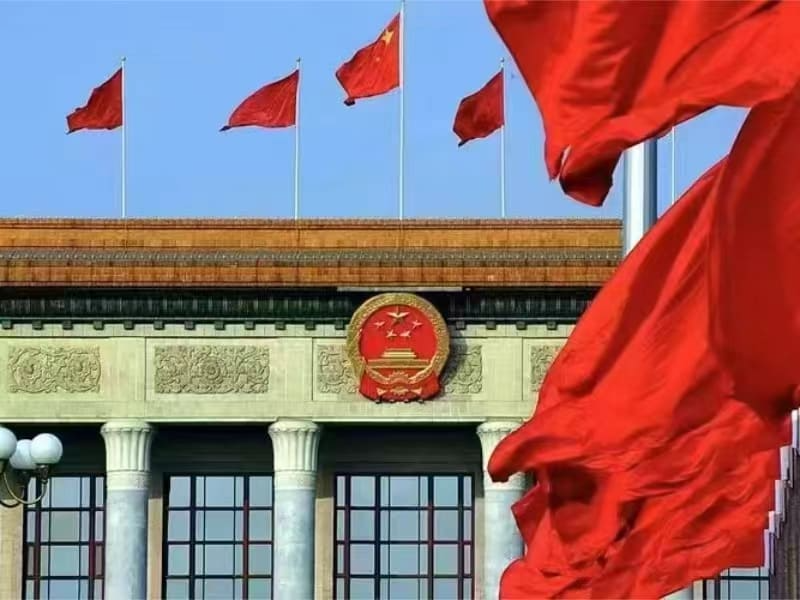- China has updated its state secrets law to tighten oversight of government officials’ handling of classified information, including banning unapproved travel abroad and strengthening data security measures.
- The move is aimed at countering growing competition with Western countries in technology and protecting national interests.
OUR TAKE
China has made important revisions to its state secrets law to address growing international competition in science and technology and to protect national security. The new rules limit management of how government officials and private companies handle sensitive information, including strict approval processes for traveling abroad and data security requirements. These measures reflect China’s determination to safeguard its national interests and autonomy in science and technology.
-Rae Li, BTW reporter
What happened
China has revised its state secrets law to tighten oversight of how government officials handle classified information. The new rules require all central Communist Party and government departments to set up special secrecy offices and designate dedicated staff. Each work unit must draw up its own “list of state secrets”, and the person in charge is responsible for the confidentiality work. In addition, employees responsible for confidential information may not travel abroad without approval and must undergo training before going abroad. These measures are aimed at preventing the leakage and theft of state secrets, especially in the context of the popularisation of information technology and the digitisation and networking of state secrets.
The law gives police broader investigative powers, requires private companies to take steps to protect state secrets, and imposes legal penalties on individuals who divulge state secrets. The new regulations involve strict management of physical equipment dealing with state secrets, including designated personnel handling, internal technicians repairing, storage at designated locations, and transportation by confidential means.
Also read: China drops sanctions on US communications firm in rare reversal
Also read: Nvidia develops new AI chip for China amid US export control
Why it’s important
The changes of the state secrets law is part of China’s efforts to strengthen national security and data protection. In the era of digitalisation and networking, the protection of state secrets has become particularly vital in that the risks and forms of information disclosure have become more diverse and covert. These measures help prevent leakage and theft of sensitive information and ensure that national interests are not harmed.
In the context of increasingly fierce competition with Western countries in science and technology, China has utilised the laws to protect its scientific and technological capabilities and autonomy. Also, these legal changes have important implications for foreign companies operating in China. They need to pay more attention to data security and compliance to avoid violating Chinese laws and regulations to adjust their operational strategies in China.

